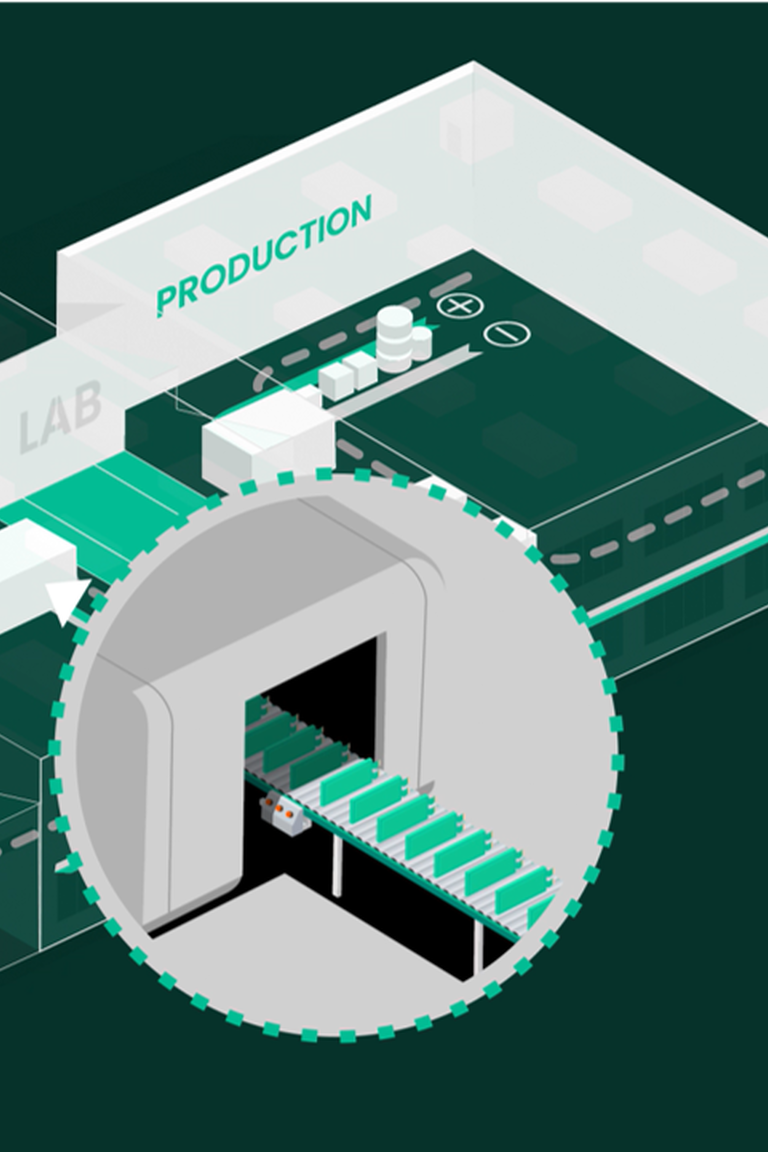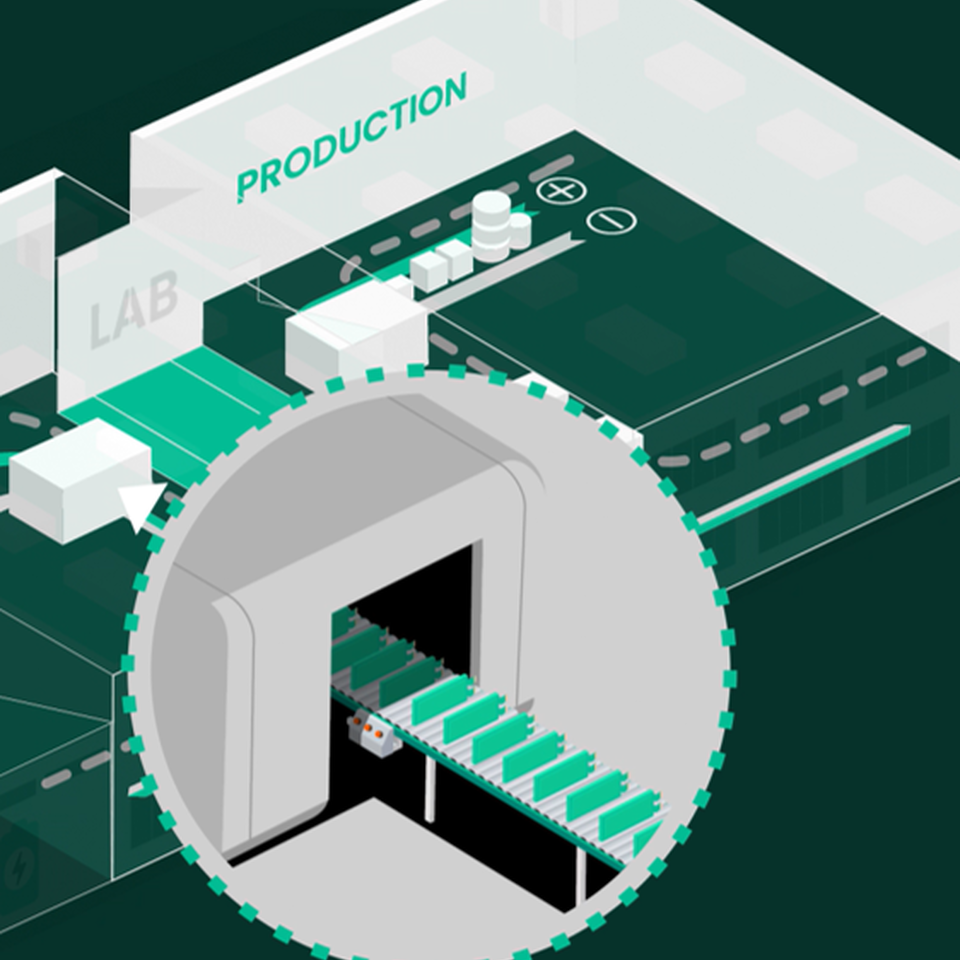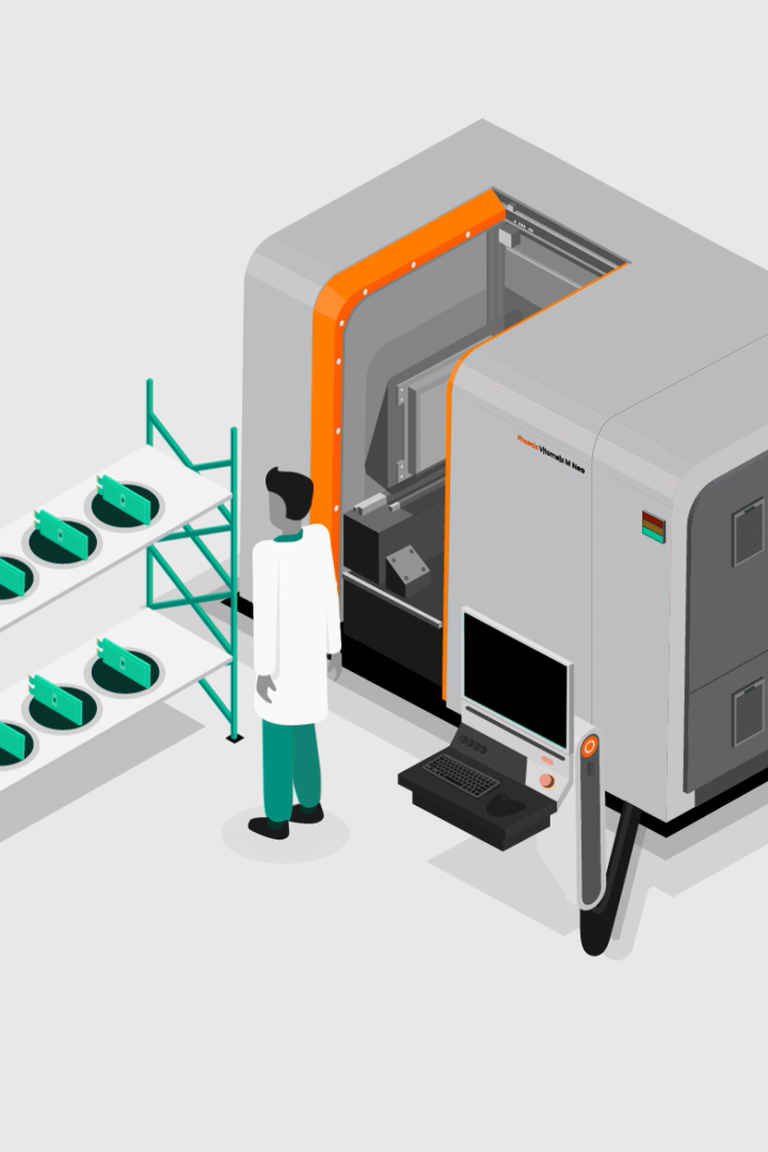
Power Up Your Batteries with NDT
In an era where technology is integral to every aspect of modern life, batteries have become the silent heroes powering our world. From electric vehicles to portable electronics and renewable energy storage, batteries are the heart of innovation. At Waygate Technologies, we understand the pivotal role, batteries play and the growing importance of ensuring their safety, efficiency, and longevity.
Our non-destructive testing (NDT) solutions cover a wide range of application fields along the battery life cycle relevant to Automotive & Battery Manufacturers, Laboratories & Academia, and companies focusing on Second Life & Recycling of batteries.
Discover how Waygate Technologies can revolutionize your approach to battery development, production and quality control. Dive deeper into our thorough hardware, software and service offering and let's power the future together.
Main Application Areas
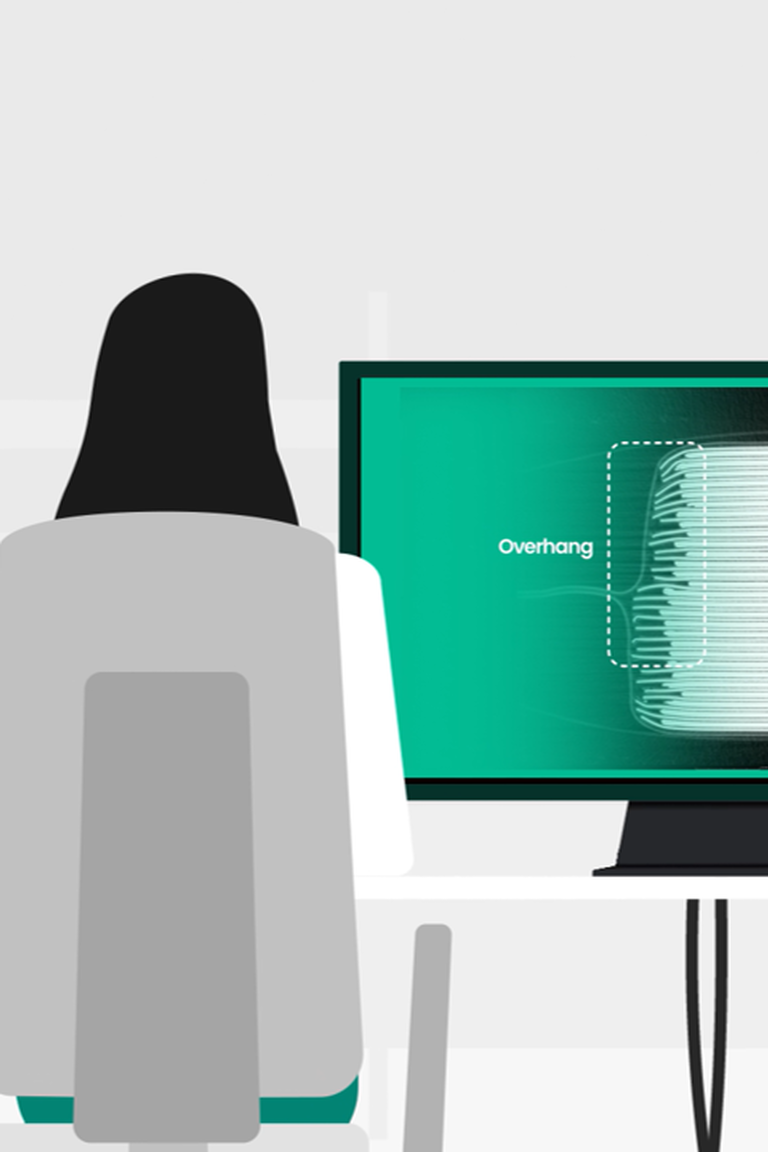
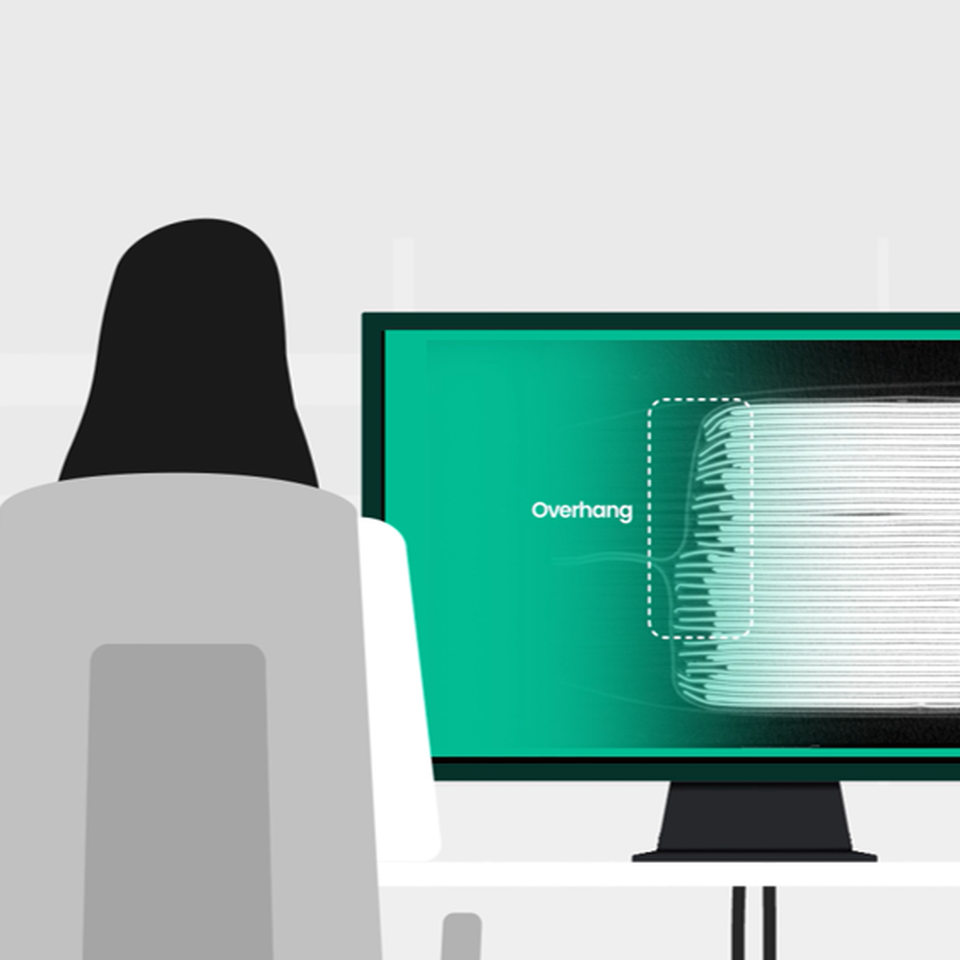
Laboratories and Academia
In corporate laboratories and academia, our NDT solutions and services help to analyze battery prototypes, assess new production processes, verify design changes or confirm assembly quality driving forward the future of battery technology.
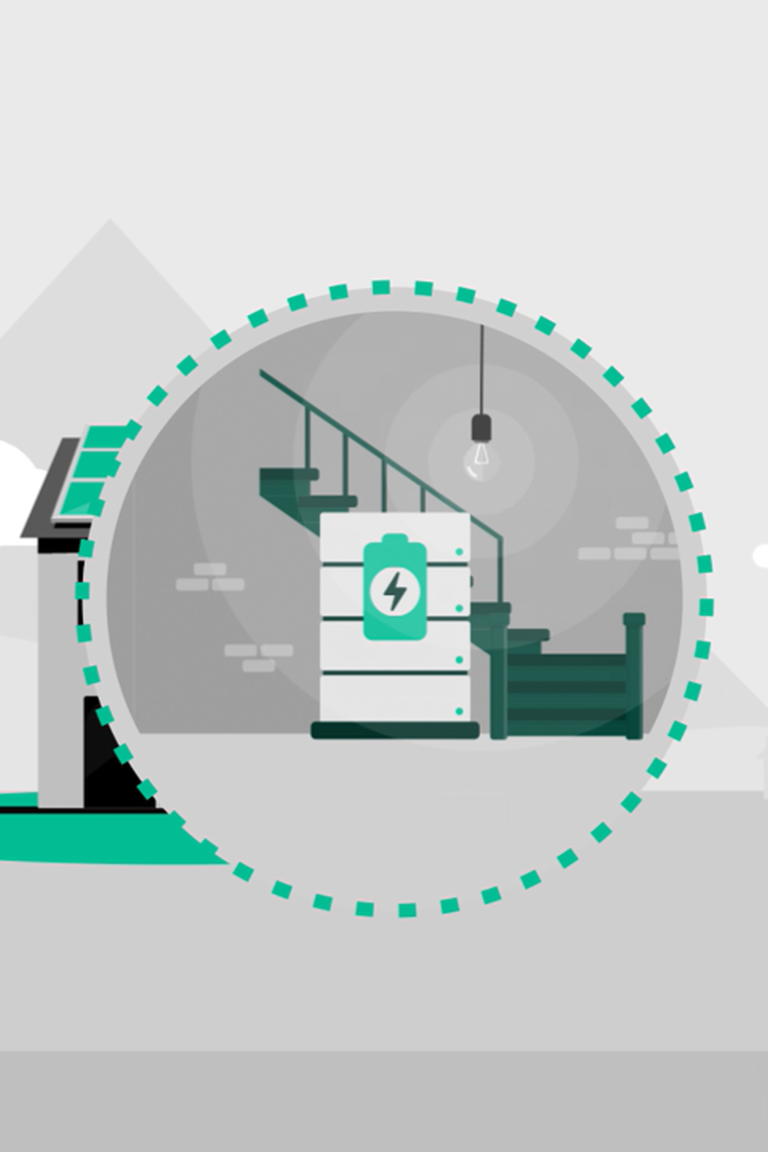
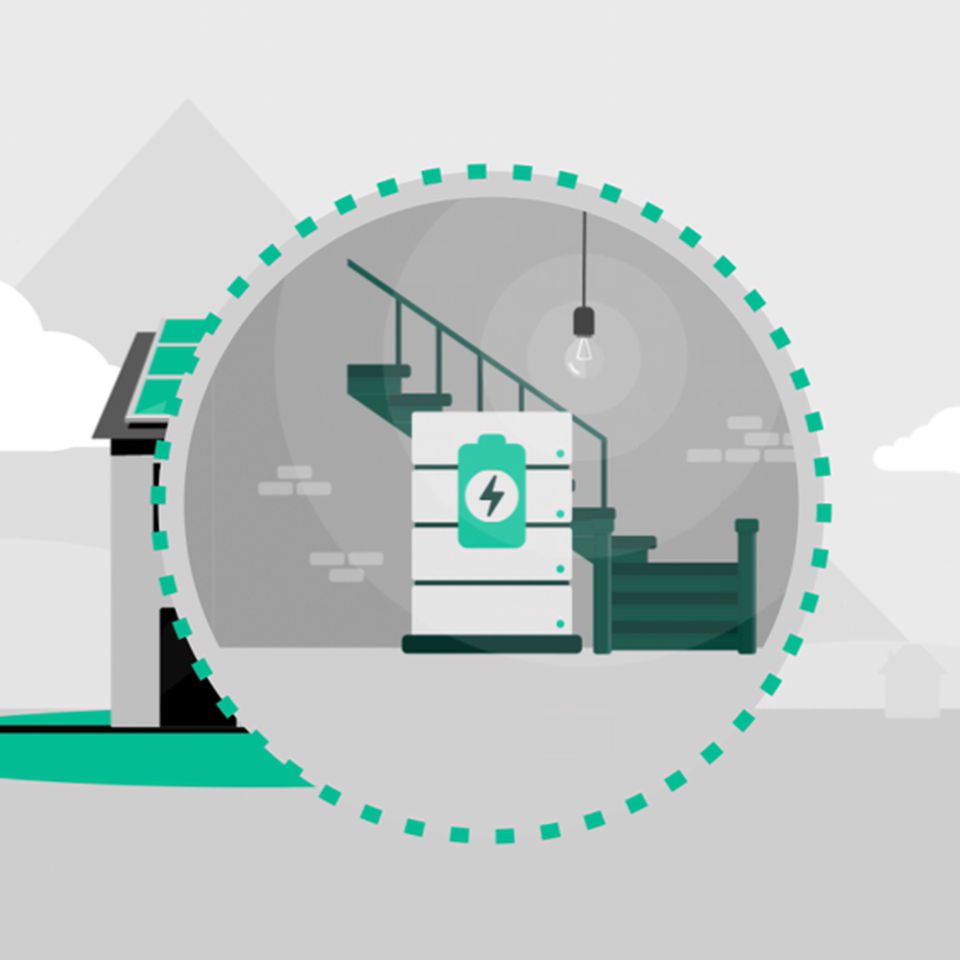
Second Life and Recycling
For companies operating in the Second Life and Recycling industry, we provide valuable support in assessing battery health and testing damaged, used, or refurbished batteries on failures to maximize lifespan and foster a sustainable use of raw materials.
Our Offerings
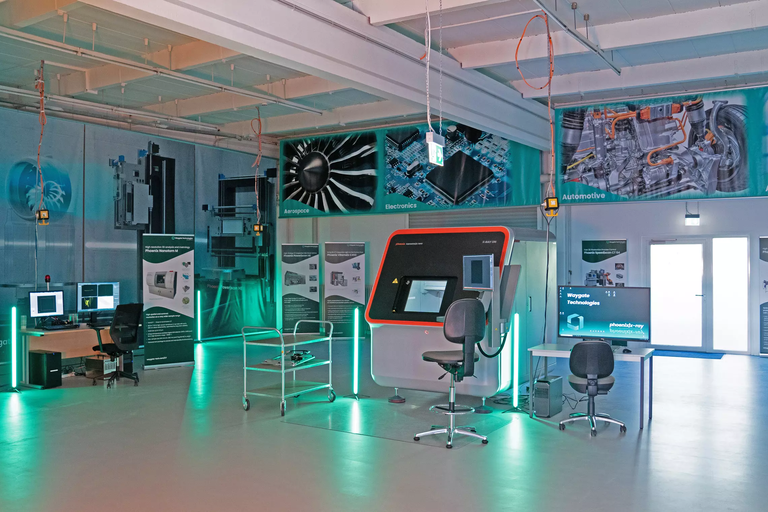
Ensure battery lifecycle quality with our versatile, accurate CT systems
Our broad range of premium X-ray inspection and CT systems enable inspections throughout the battery’s life cycle and are extremely versatile, accurate and easy to operate.
With our highly productive and accurate systems of the Phoenix V|tome|x line we meet the specific needs of battery manufacturers and developers, electric vehicle manufacturers as well as companies from the 2nd life and recycling industry.
For cells this ranges from regular anode/cathode overhang inspection for pouch and prismatic cells to new spot checks for items such as foreign body materials, gas bubbles, welding defects of electrodes, electrode cracks, and electrolyte filling. CT technology also allows to inspect complete modules for resin filling, connections, cell alignment or dimensional accuracy.
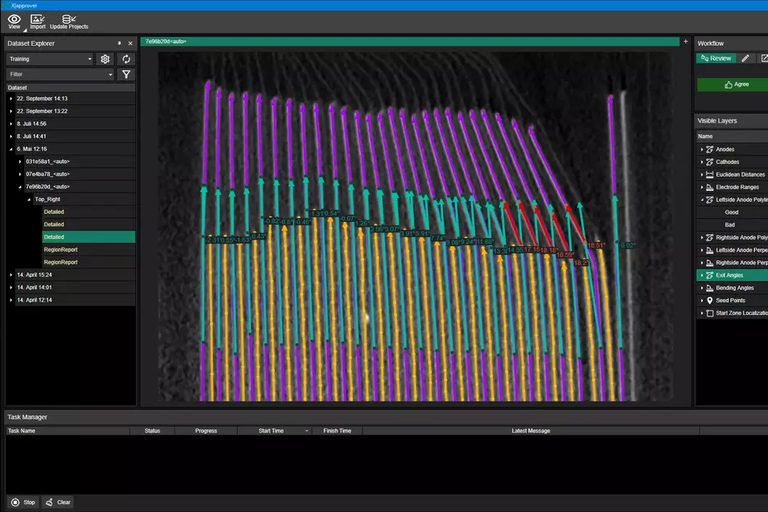
Revolutionize defect detection with our AI-powered software solutions
As global leader in NDT software, Waygate Technologies offers a broad portfolio of integrated and standalone solutions so you can make critical decisions with greater confidence. Our tools are designed to help you make the most of your NDT equipment for smarter, faster, and safer inspections.
We combine our comprehensive expertise in X-ray and CT with latest artificial intelligence (AI) machine learning software, to find defects automatically and reliably in a variety of battery cell types and modules.
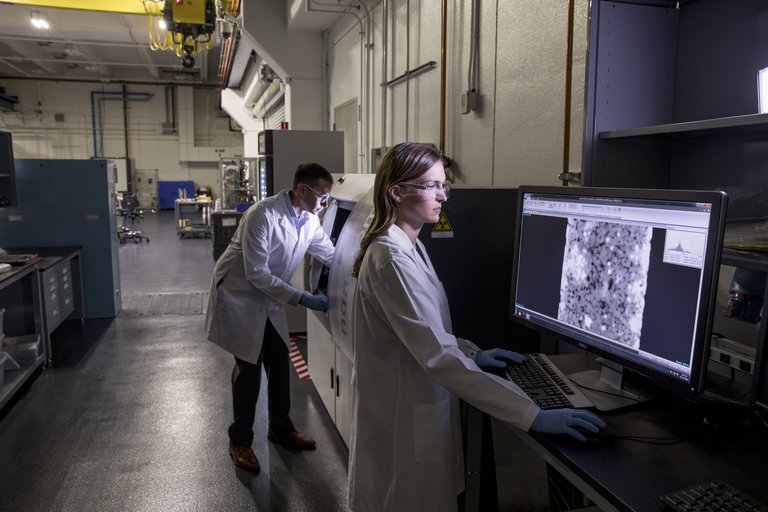
Experience global, expert battery consultations for your inspection needs
Our Customer Solutions Center experts offer service solutions tailored to your individual inspection task. We offer a broad variety of services, from support service agreements to upgrade and update your inspection hardware and software, to on-demand access to our proven industrial CT scanning and industrial X-ray inspection services.
Our products and services have been serving the battery industry for over 20 years. Our experts have a deep understanding of the industry and are located around the world to meet the needs of every customer.
Datos|x software is used to acquire and reconstruct CT data volumes from 3D systems. X|approver, is machine learning on-premises ADR software (Automated Defect Recognition) with specific teachable algorithms to evaluate the quality of battery and other components. Waygate Technologies' software consists of the full and intuitive workflow management as well as a comprehensive ADR library running in the background of your production, delivering automatic decision making. Reporting functions allow to identify potential negative trends in production at just a glance. Authorized operators can parametrize scanned samples (e.g. for highly accurate overhang issue detection), and the algorithms get more accurate over time. The highly consistent defect analysis results can reduce the workload for highly qualified operators and thus helps companies become more operator independent. Waygate Technologies' software can also be deployed on the cloud to do additional ADR from batteries and other domains.
The structure of batteries is complex and there is no common standard between suppliers. Once the battery is built, it is sealed and is like a black box. The true integrity of the structure inside is unknown. To avoid scrap, it is necessary to look inside non-destructively, and this works best with CT inspection technology. Our Phoenix product line provides certainty for original manufacturers and suppliers and helps reduce costly scrap and recalls.
With 3D CT technology, we can look inside the battery after assembly, inspect in greater detail, and assess the entire cell more accurately. That makes CT the best solution for finding the cause when batteries fail or test poorly. It thus reduces failed tests, and thereby scrap, costs, and environmental impact. However, the main goal of our customers is to optimize cost efficiency. Every cell that tests as poor lowers efficiency and drives up costs. CT is a universal tool to control the cell.
For example, the batteries used for electric vehicles or energy storage are made up of modules, and each module in turn is made up of multiple cells. When inspecting the batteries at the cell level, engineers examine the mechanical fabrication to see if there are any inclusions, the homogeneity of the electrodes, internal connections (welding), and the arrangement of the electrodes in the cells. Inspection of the electrode geometry involves examining the spacing between the electrodes, their size and orientation with respect to each other, their distance from the wall, and their angles. With 2D X-ray systems this might be possible, too, but inspectors will not see the whole picture because usually only one or two types of significant defects are visible within all the overlaying features of an X-ray image. Industrial computed tomography (CT) provides a complete picture of the critical parts of the cells and their arrangement within the casing. Inspectors can thus find any kind of defect causing deviations in X-ray absorption.
Battery research institutes, original equipment manufacturers as well as suppliers in the automotive and electronics industries use CT for quality assurance in development, production and failure analysis. When a battery fails in a car or electronic device and comes back from the field, a CT test is performed. Opening the battery can damage it. Therefore, a non-destructive inspection is necessary in advance. CT inspection can be used to prove if a defect was present before the battery was opened. If technicians then need to open a module, CT shows them with micrometer precision where the defect is to be found and where they can safely place their tools for detailed destructive examination.
To go even deeper, Waygate Technologies partners with industry domain experts. While CT allows precise 3D localization (within a few microns) of anomalies within batteries and other specimen, our partners help expose anomalies using lasers for micrometer-precise surgical cuts into the object under investigation, polish them with plasma and analyze them down to the atomic level using electron microscopy. This synergy of non-destructive 3D defect detection and localization and laser-based destructive defect exposure at the location determined by CT followed by defect analysis through scanning electron microscopy for the first time enables a multiscale workflow from the macro scale to the atomic.
CT inspection allows the inspection of different types and sizes of batteries and defects on the same line or several different lines. Furthermore, it reduces changeover time and personnel to move large batteries for inspections.
The variety in battery cells is very high. The electric vehicles industry for example is in a kind of constant learning process. Because in this emerging mass production sector data is still being gathered on where there are issues, there is no statistical process control yet. Processes have to be redefined often. Each time something is changed the learning curve starts all over again. In the electronics sector, the maturity level of the batteries is higher, but on the other hand, much greater mass production volumes have to be managed here.
Waygate Technologies offers ADR software as part of the comprehensive, agnostic data management software platform InspectionWorks and in combination with expert service teams. Once set up and implemented at a customer site by Waygate Technologies experts, the X|approver ADR software is able to automatically train itself on the inspection tasks the individual customer usually performs and the defects which occur during these tasks. By learning about the specific failure types, the ADR software becomes more and more accurate, reducing false negatives and ensuring an increase in inspection efficiency.
Our Phoenix product line provides certainty for both OEMs of vehicles and electronic devices and suppliers.
We can always find new defects in battery production lines. Our CT systems help by analyzing the entire battery. Other test equipment focuses on a single failure mode. They perform a test for one fault, and once that has been eliminated, a sample might still test poorly because of a different fault. That's not the case with CT. 90 percent of the time, our CT systems can detect all faults because they are very flexible and the Waygate Technologies experts can help react quickly to test for any new fault modes. The main CT solution currently used by battery manufacturers is the Phoenix V|tome|x line, which is available in different versions depending on individual customer requirements. The experienced service and support teams at Waygate Technologies are ready to assist customers with planning, set up, adjustments and maintenance at any time.
When it comes to fully automated mass inspection, our new Speed|scan HD solution is now being integrated into first battery fabs of world-leading battery manufacturers.
Waygate Technologies has more than a decade of experience in non-destructive inspection of batteries and detecting faults. The same manufacturers who already have experience in the production of cell phone batteries began to build larger batteries for electric vehicles. Even though EV batteries are a completely different application area, Waygate Technologies has a wealth of experience in battery inspection and the automotive sector that can be deployed quickly. The combined knowledge across the CT teams allows Waygate Technologies to set up machines well and troubleshoot quickly. Our systems are extremely versatile and easy to operate. Our experienced service and support teams are ready to assist customers at any time and will help manufacturers find the best solution for their respective challenge.
No, many customers start with inspection services in one of Waygate Technologies´ global Customer Solutions Centers. Guided by experienced application engineers they learn which CT solutions best fit their individual inspection tasks. If they have extensive inspection demand and once they are convinced of the benefits, they might at a later time consider buying a system for their fab instead of hiring inspection services on a hourly basis.
Our videos on demand
Featured video
Resources
| Type | Name | Language | |
|---|---|---|---|
| Whitepaper |
Lithium-ion Battery Inspection Outlook
|
Korean | |


